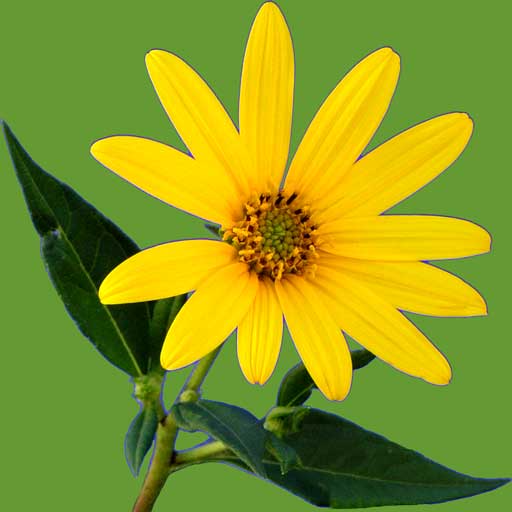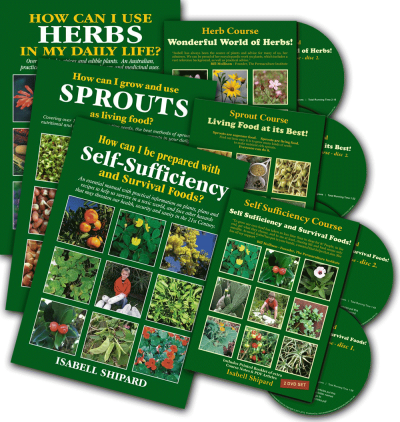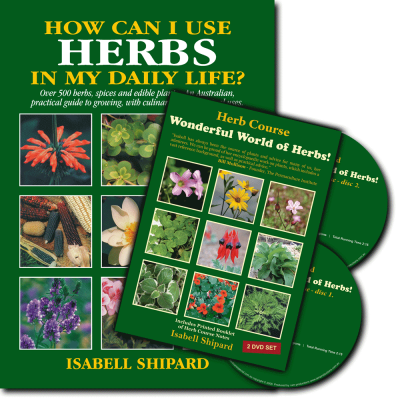Prosta Wort, Epilobium
Epilobium parviflorum F. Onagraceae
Description
A traditional European perennial, which forms as a rosette of 4-6cm long, willow-shaped leaves, close to the ground. Upright flower stems, 30-50cm, carry small, insignificant, pale-pink flowers along the stem. Thin seed capsules to 5cm long, split open when dry, to reveal countless, black specks of seed like fine dust, encased in a white, fluffy fibre that easily falls to the ground or gets carried with the wind, to self-seed. Picking the seed capsules before they split is recommended, as this herb has been known to become weedy.
… … omitted text, please see How can I use HERBS in my daily life? for full text.
Medicinal Uses
In herbal history, the herb seems to have been insignificant, with very little reference or use. The plant is mentioned in a Pharmacopoeia of 1880. Maria Treben in her herbal, ‘Health through God’s pharmacy’ (published 1982) shares her experience of her father-in-law’s death from hypertrophy of the prostate gland. An elderly neighbour told her of this plant and its varied uses, and suggested Maria may be able to help many people with the knowledge. Maria did just that, and went on to help many people with information of the herb. In her second book, ‘Cures’, she shares many case histories and inspiring testimonials of people regaining their health. Maria found that the herb resulted in relief from many prostate disorders. As people were helped by Maria, with the information of using the herb for all manner of kidney, bladder and prostate problems, they passed on the information to others: of a simple remedy that relieves discomfort and pain.
… … omitted text, please see How can I use HERBS in my daily life? for full text.
Enlargement of the prostate gland is one of the most common disorders occurring in men after middle age. There may be no symptoms for a period of months to even years. Disorders of the prostate effect approximately 50% of men over 50 years, and 90% of men over 70. As the gland increases in size, it presses on the neck of the bladder. This interferes with the normal passage of urine from the bladder, causing a burning sensation, severe pain, inflammation and infection. Urination becomes increasingly difficult and the bladder never feels completely emptied. Other symptoms may be lower back pain, blood or seminal fluid in the urine, constipation and impotence. If the condition is not corrected and is left untreated, continued enlargement of the prostate eventually obstructs the bladder completely. Cancer may occur, which may then spread to other parts of the body, and emergency measures and surgery may then become necessary. Small flowered willow herb is also a remedial herb for anyone suffering any kidney ailment, including cystitis, bladder problems or bed-wetting.
… … omitted text, please see How can I use HERBS in my daily life? for full text.


